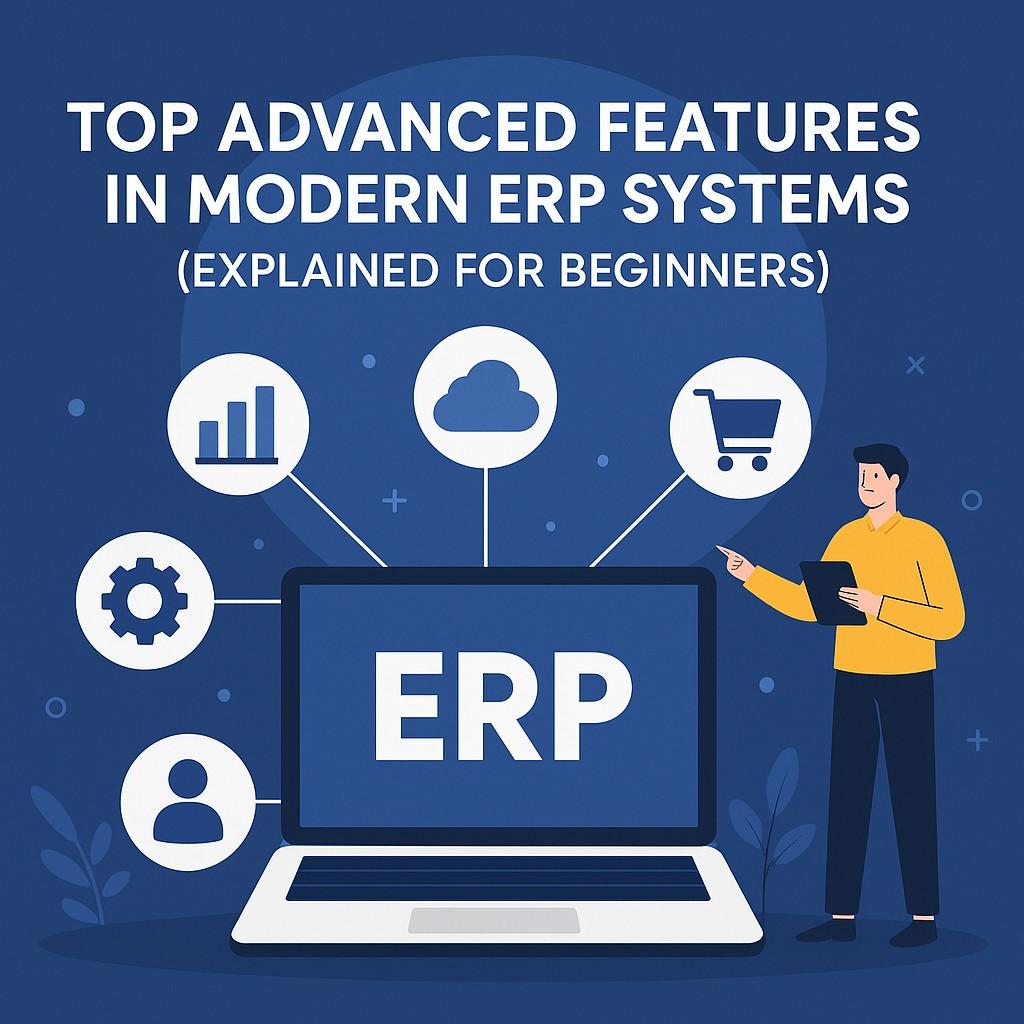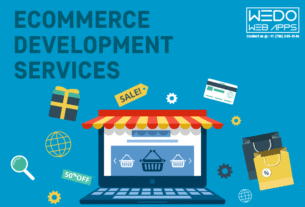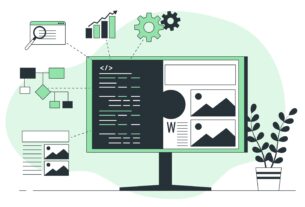Let’s face it — the term ERP (Enterprise Resource Planning, for those avoiding acronyms like office coffee) sounds like something cooked up in a boardroom during a PowerPoint bender. But fear not. If you’ve got a business to run, a team to manage, or even just an honest curiosity about how your favorite online store somehow keeps everything in stock and on sale — understanding the magic behind modern ERP systems isyour golden ticket.
So, whether you’re a small business scaling like it’s on an espresso diet or a manufacturer tired of juggling spreadsheets like flaming chainsaws — this is your crash course. And yes, we promise to keep the jargon light and the wit strong.
1. Real-Time Analytics — Because “Later” is So 2005
Remember that time we waited three days for someone to tell us our inventory was off by 500 units? (We do. The client didn’t laugh.)
Modern ERP systems are built with real-time dashboards and AI-powered analytics. We’re talking about predictive insights, not post-mortems. You get live data on sales, production, finances — even how many cups of coffee your HR team has brewed this month (okay, maybe not that last one… yet).
Why it matters:
Real-time insights mean quicker decisions, fewer surprises, and a CFO who doesn’t age five years every quarter.
2. Cloud Integration — The Sky’s Not the Limit, It’s the Starting Point
Cloud ERP is not just some trendy buzzword you throw around in investor meetings. It’s the way to get flexible, scalable, and secure access to your entire business from anywhere — even your in-laws’ basement during Diwali holidays (true story, don’t ask).
Being an ERP software development company, we’ve seen firsthand how cloud-based systems offer automatic updates, lower upfront costs, and freedom from local server room disasters (looking at you, 2018 flood).
3. Mobile Accessibility — ERP in Your Pocket (Minus the Cables)
Gone are the days when you needed a swivel chair and three monitors to check your production schedules. Today, modern ERP systems offer mobile-first dashboards and on-the-go approvals.
One of our clients recently approved a $50,000 purchase order from a beach in Goa — while sipping a mango smoothie. Now that’s multitasking.
Bonus:
Your field team, warehouse staff, and remote finance folks all work in sync. It’s like a symphony, but with fewer violins and more Wi-Fi.
4. Automation & AI — Robots That Actually Help, Not Rise Up
Let’s get one thing straight — modern ERP doesn’t replace your team (well, unless Bob from procurement is still faxing invoices). What it does is automate repetitive tasks, handle intelligent forecasting, and even flag anomalies berfoe they become existential problems.
From automated invoicing to AI-generated demand predictions — the future is not just smart, it’s smarter than us during Monday meetings.
5. Customization & Modular Design — Build Your ERP Like a Pizza
Every business is different. Some want cheese-loaded inventory tracking. Others need a spicy CRM module with extra analytics. Modern ERP platforms offer modular design, so you only use (and pay for) what you need.
And thanks to rapid development frameworks (and a certain ERP software development ahem), tailoring your ERP is faster and more cost-effective than ever.
6. IoT & Smart Device Integration — Yes, Your Machines Can Talk
For manufacturing and logistics companies, IoT-enabled ERP is like going from candlelight to LED. Your machines send live data to your ERP system. That means proactive maintenance, real-time usage stats, and alerts when something’s about to go kaboom.
One of our clients installed sensors in their machinery, and within a month, they avoided a massive breakdown. Total downtime saved? 32 hours. Budget saved? Let’s just say it funded their office coffee upgrade.
At Kanhasoft, we help businesses harness the power of IoT by integrating sensor data directly into custom ERP systems. The result? Smarter operations, fewer surprises, and better ROI—all powered by real-time insights.
7. Enhanced Security & Compliance — Guarded Like Fort Knox
Data breaches? GDPR fines? Sleepless nights? No thanks.
Modern ERP systems come with role-based access, multi-factor authentication, and audit-ready logs. So whether you’re operating in the U.S., EU, or somewhere between — compliance becomes a breeze (or at least, less of a storm).
And because everything’s in the cloud, your IT team won’t be stuck running recovery scripts at midnight.
8. Integrated CRM — Because Customers Deserve More Than Sticky Notes
Your sales, support, and marketing teams need a 360-degree customer view, not 360 excuses.
With integrated CRM features, your ERP system becomes a hub for managing leads, tracking interactions, and predicting customer behavior (almost like a business crystal ball — minus the incense).
9. E-commerce Integration — Sync or Sink
If your ERP doesn’t talk to your Shopify, WooCommerce, or custom web portal — you’re doing manual data entry and probably questioning your life choices.
Modern ERP platforms sync sales data, update inventories, process returns, and even automate promotional offers. All without human intervention. Your sales team will thank you. Your accountant? Probably cry tears of joy.
Final Thoughts: The Future Isn’t Coming — It’s Already Deployed
Here’s the deal: ERP systems have come a long way from clunky interfaces and server-room drama. Today’s platforms are sleek, modular, intelligent, and mobile — kinda like your favorite superhero, just with better uptime.
And whether you’re a startup with dreams or an enterprise with growing pains — finding the right ERP partner (say, a seasoned ERP software development) makes all the difference. Just ask the businesses that went from “We think it’s working?” to “Wow, we’re scaling like crazy!”
FAQs
1. What is an ERP system, in simple terms?
An ERP (Enterprise Resource Planning) system helps manage and automate key business processes like inventory, sales, HR, finance, and more — all in one software.
2. Are ERP systems only for large companies?
Not anymore. Modern ERP systems are scalable and modular, making them perfect for small to mid-sized businesses too.
3. How does cloud-based ERP differ from traditional ERP?
Cloud ERP offers access from anywhere, lower upfront costs, automatic updates, and better scalability compared to on-premise (traditional) ERP systems.
4. Can ERP systems be customized for my business needs?
Absolutely. A good ERP software development company will tailor modules, workflows, and features based on your exact requirements.
5. Is it expensive to implement a modern ERP system?
Costs vary based on features and company size, but thanks to modular systems and cloud-based pricing, ERP is more affordable than ever — especially long-term.



